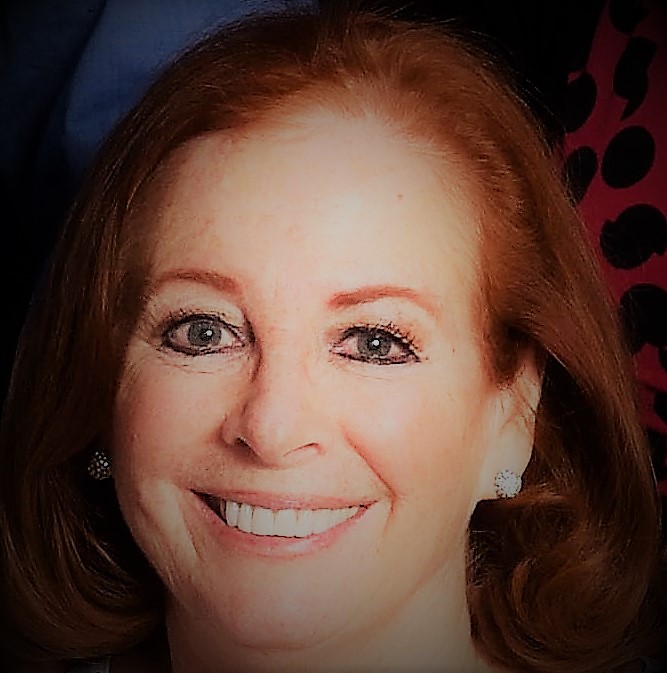
In 2002, when Richard Rodriguez was captaining a commercial flight, his lead flight attendant informed him that a soldier’s remains were in the cargo area. Rodriguez asked to meet the soldier’s escort. The captain later wrote of his experience. A perfectly dressed, young, army sergeant entered the cockpit and said, “My soldier is on his way back to Virginia.” After telling the escort that he had the toughest job in the military, Rodriguez and his co-pilot stood to shake his hand before the escort returned to his seat. About 30 minutes into the flight, the lead flight attendant called to say that the father, mother, wife and two-year old daughter were also on the plane. The family was upset because they were unable to see the container that their loved one was in before they took off. They were going to have to wait four hours for the connecting flight home to Virginia. The father of the soldier shared that knowing his son was below him in the cargo compartment was difficult and asked if it would be possible to be outside by the cargo door to watch him being taken off the airplane. Captain Rodriguez listened to the plea of the flight attendant and responded, “I’m on it.” He immediately contacted the air dispatcher, and two hours later, received this text: “Captain, sorry it has taken so long to get back to you. There is policy on this now, and I had to check on a few things. Upon your arrival a dedicated escort team will meet the aircraft. The team will escort the family to the ramp and plane side. A van will be used to load the remains with a secondary van for the family. The family will be taken to their departure area and escorted into the terminal, where the remains can be seen on the ramp. It is a private area for the family only. When the connecting aircraft arrives, the family will be escorted onto the ramp and plane side to watch the remains being loaded for the final leg home. Captain, most of us here in flight control are veterans. Please pass our condolences on to the family. Thanks.” Rodriguez wrote that after landing, when they checked in with the ramp controller, they were told that all traffic was being held for them and a team was in place to meet the plane. The captain recognized there was only one problem: when the seat belt sign went off, all the passengers would stand and prevent the family from exiting. Rodriguez asked permission to stop short of the gate to make an announcement. Upon receiving approval, this is what he said: “Ladies and gentleman, this is your Captain speaking. I have stopped short of our gate to make a special announcement. We have a passenger on board who deserves our honor and respect. Also on board are his father, mother, wife and daughter. Your entire flight crew is asking for all passengers to remain in their seats to allow the family to exit the aircraft first. Thank you.” When the family got up and gathered their things, a passenger slowly started to clap. Moments later, more passengers joined in, and soon the entire aircraft was clapping. Words of “God Bless You,” “I’m sorry,” “thank you,” “be proud,” were uttered to the family as they made their way down the aisle and out of the airplane. They were escorted down to the ramp to finally be with their loved one. Rodriguez concluded with this: “Many of the passengers disembarking thanked me for the announcement I had made. They were just words, I told them; I could say them over and over again, but nothing I say will bring back that brave soldier.” For the courageous men and women who fight for our freedom–too many times losing their lives in the process–thank you. May we remember them and their families this Fourth of July and every day.